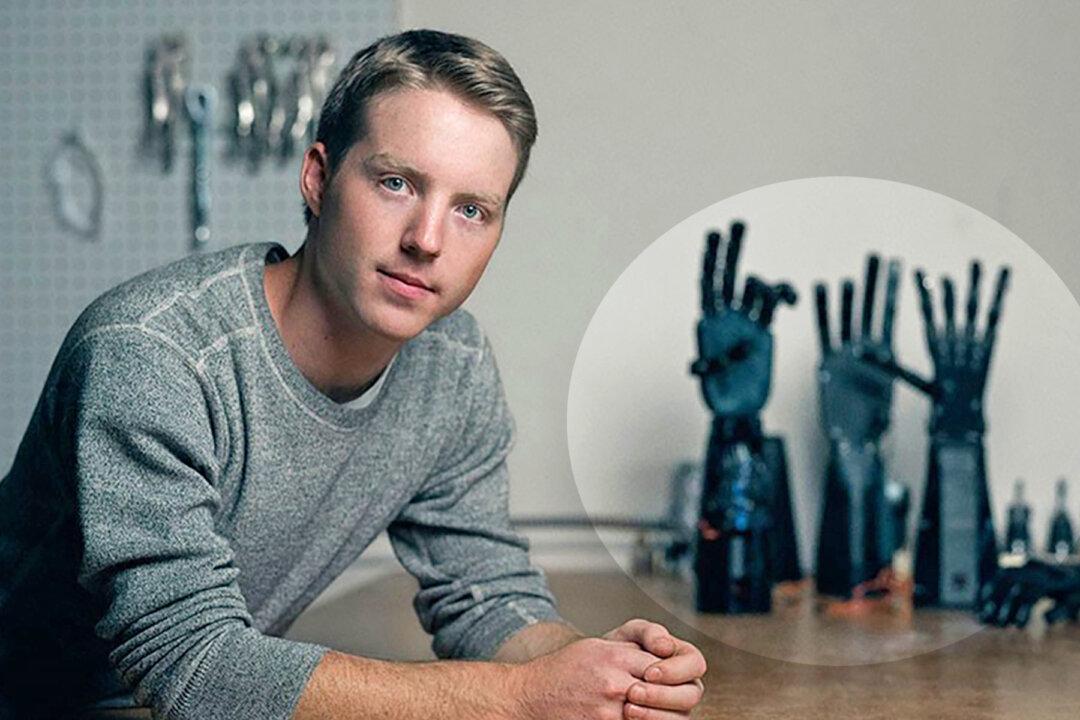Ten years ago, Easton LaChappelle was a teen watching YouTube videos in his Colorado bedroom on how to build robot arms from LEGO.
Today, he’s the founder of Unlimited Tomorrow, a company that designs low-cost 3D-printed prosthetic limbs that can be operated with the mind.





